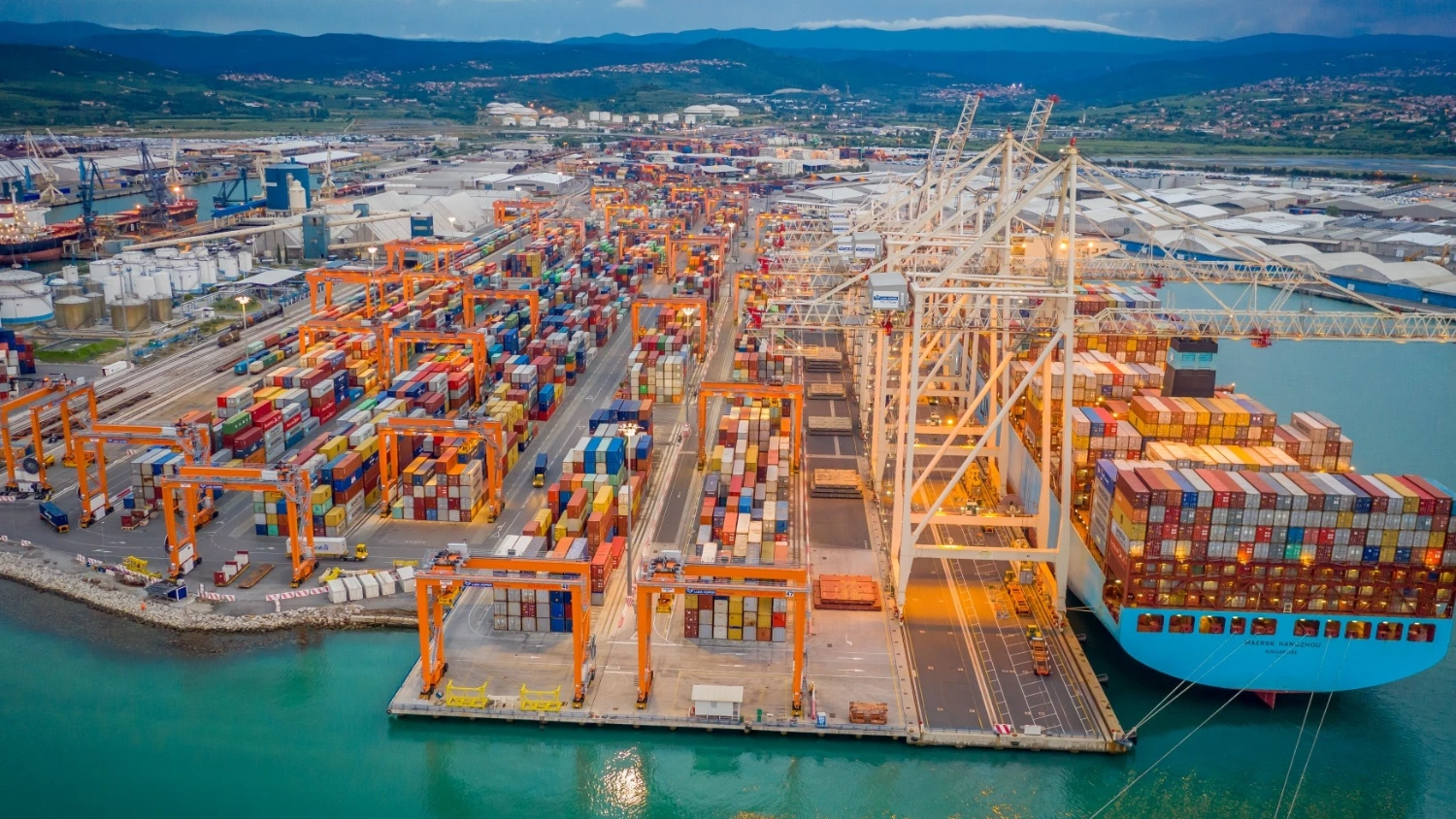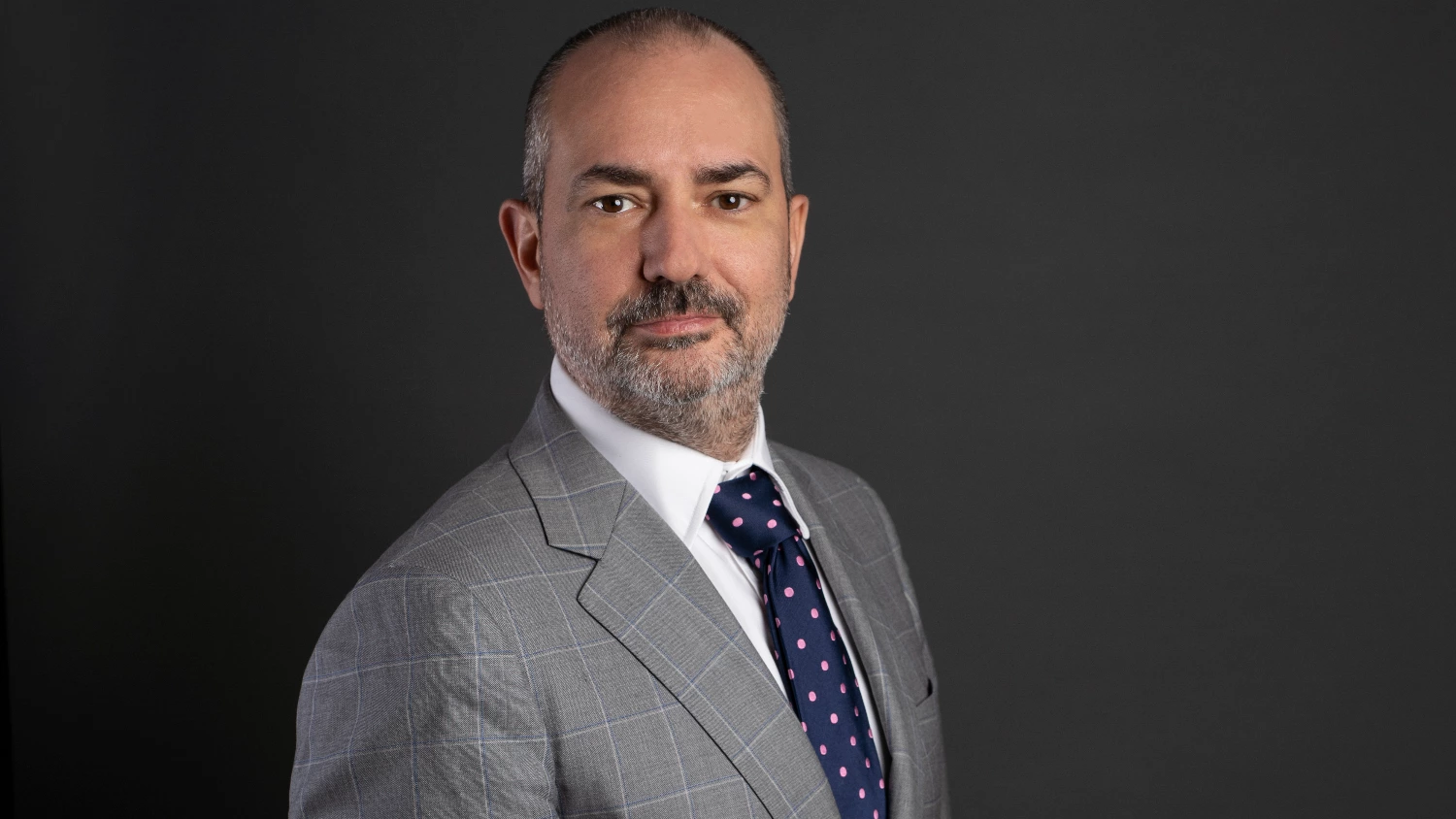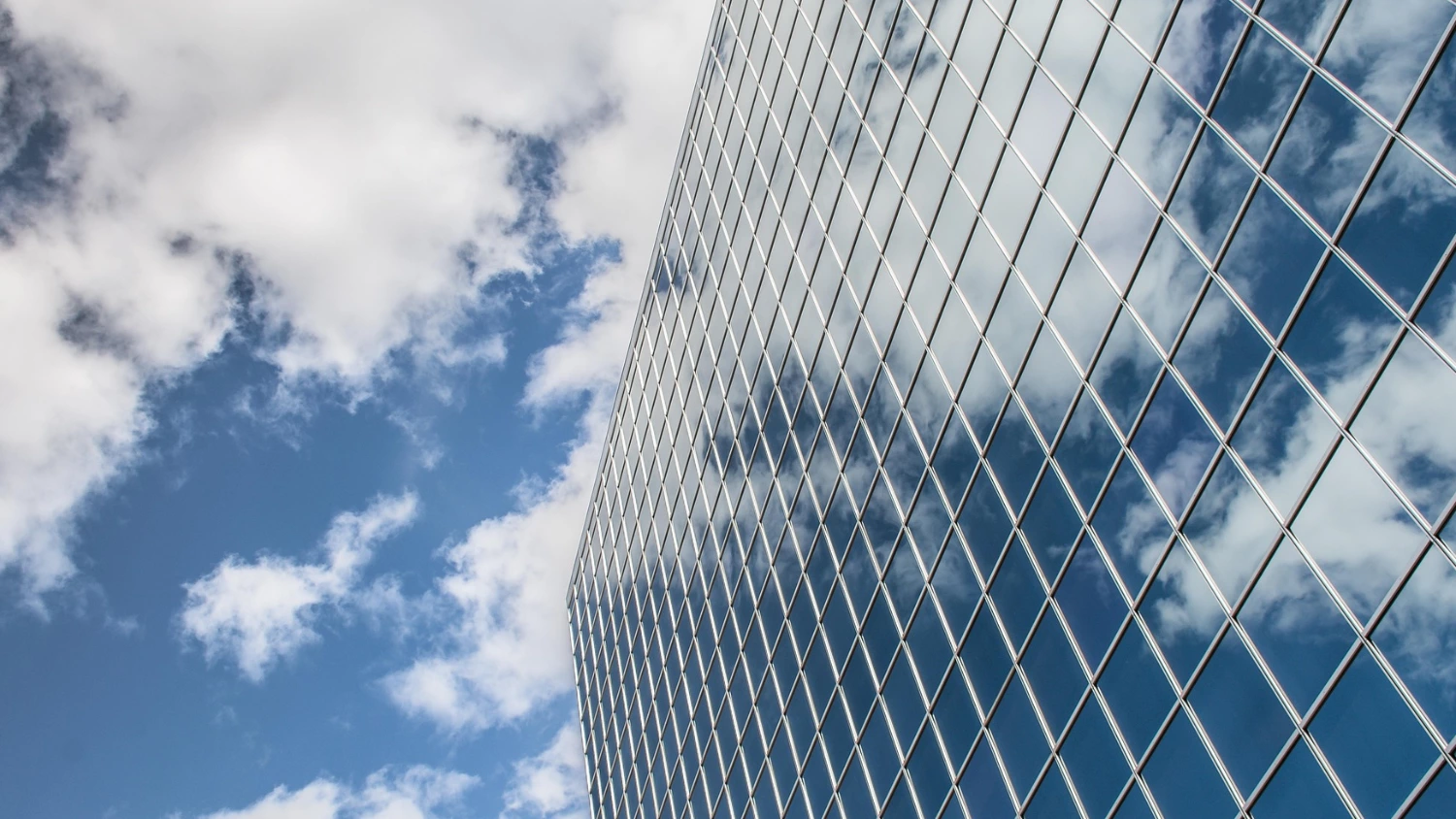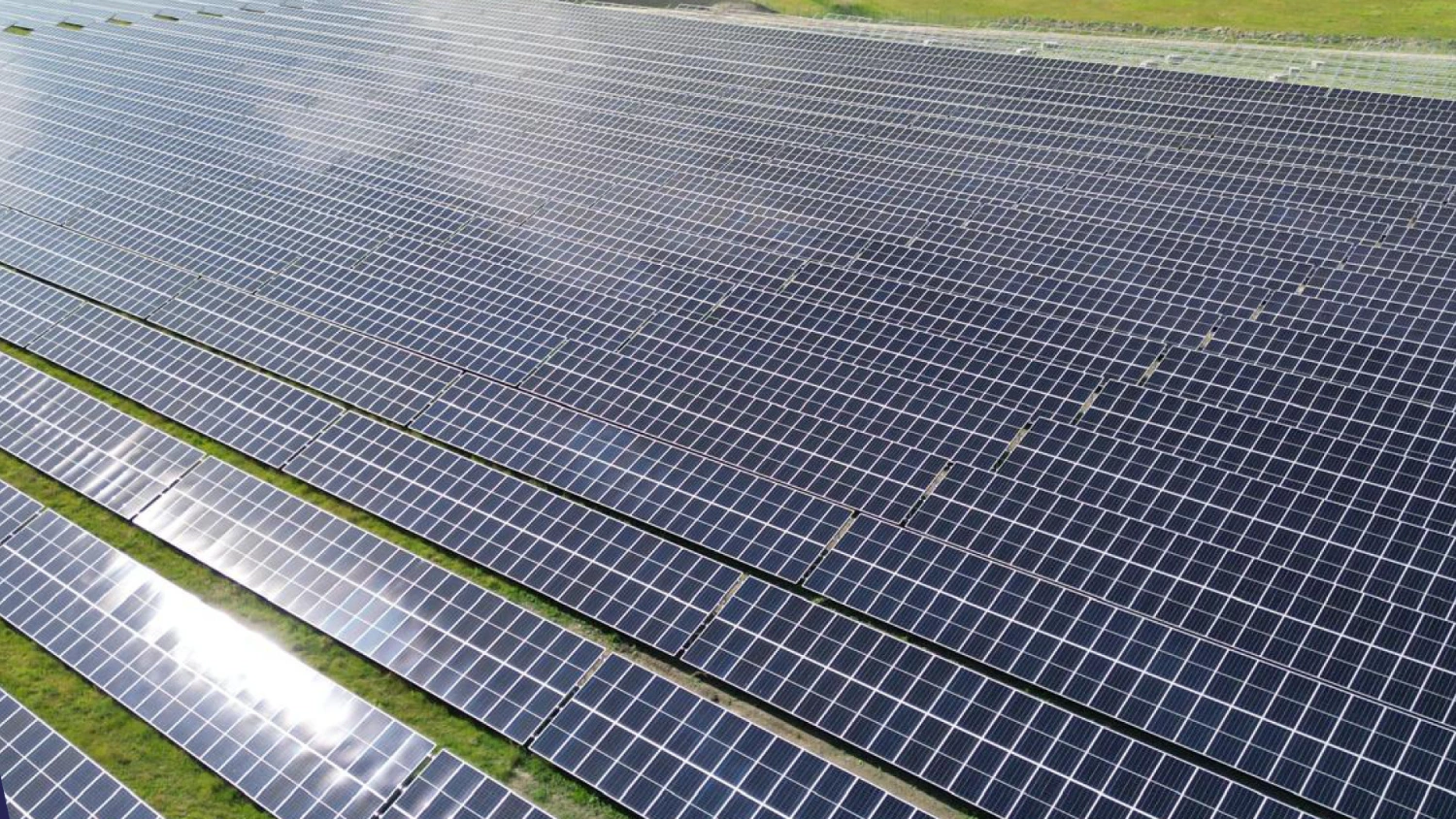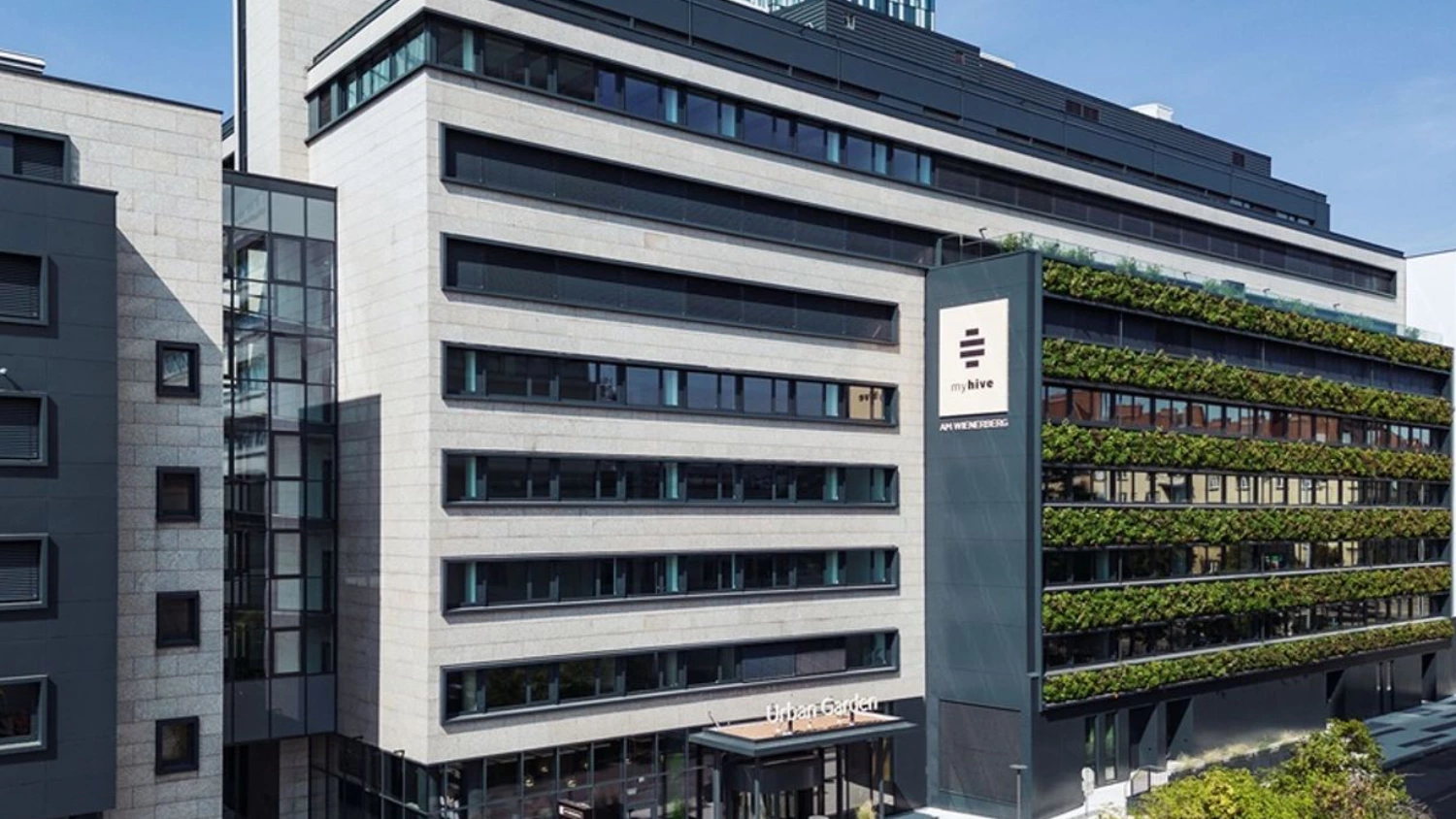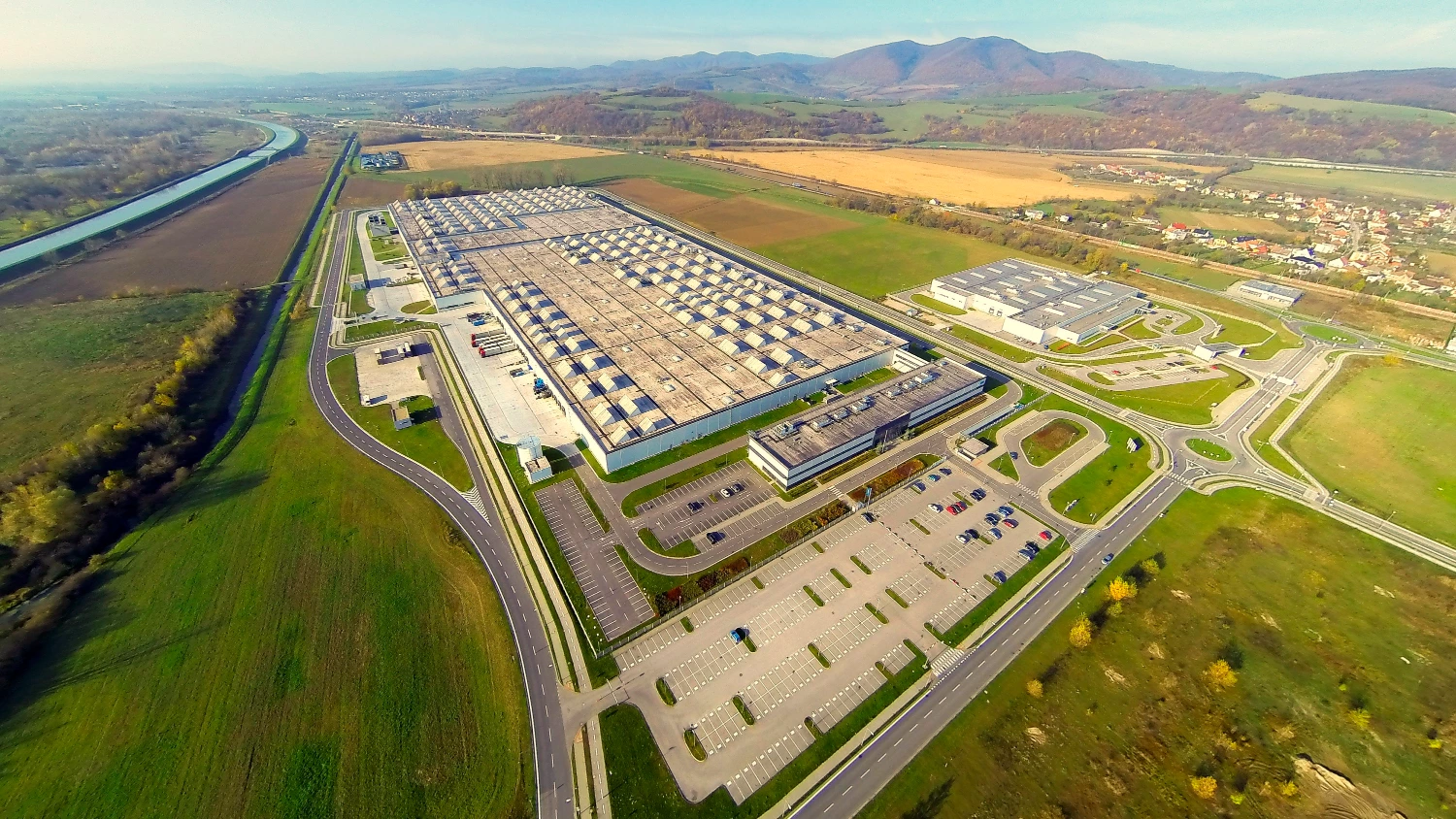The project to build a second double-track railway line between Koper and Divača, scheduled for completion in 2026, has faced increased scrutiny despite being 80% complete.
The need for this large-scale investment arose from the significant growth of Port Koper, which has become a key logistics gateway for CEE.
In 2024, the port handled approximately 23 million tons of cargo, a 3% increase from the previous year, and recorded 1.13 million TEUs in container throughput. However, the port's capacity was strained by inadequate inland rail connectivity, with the existing single-track railway between Koper and Divača acting as a major bottleneck.
The new 27 km line is designed to replace the existing track, increasing capacity from 90 to 212 train compositions per day and enabling the annual transport of nearly 37 million tons of goods. The project, estimated at €1.17 billion, has been complex due to challenging terrain, including tunnels and bridges.
Originally estimated at around €700 million in 2010 as a single-track route, costs have escalated, leading to public concern and political controversy. A national referendum and a Supreme Court decision supported the project's continuation.
Construction, which began in 2021, is being carried out by several consortia. Recently, the main construction consortium submitted a claim for an additional €350 million, citing technical difficulties.
The main infrastructure works, including tunnels and viaducts, are executed by a consortium of Kolektor CPG (Slovenia), Yapı Merkezi İnşaat ve Sanayi A.Ş. (Turkey) and Özaltın İnşaat Ticaret ve Sanayi A.Ş. (Turkey) on a combined value of roughly €628.3 million.
The Civil Oversight Council also raised concerns about project governance, accusing 2TDK of inefficient decision-making, which the company's management has rejected.
Meanwhile, Infrastructure Minister Alenka Bratušek has assured the public that the project is on schedule.

